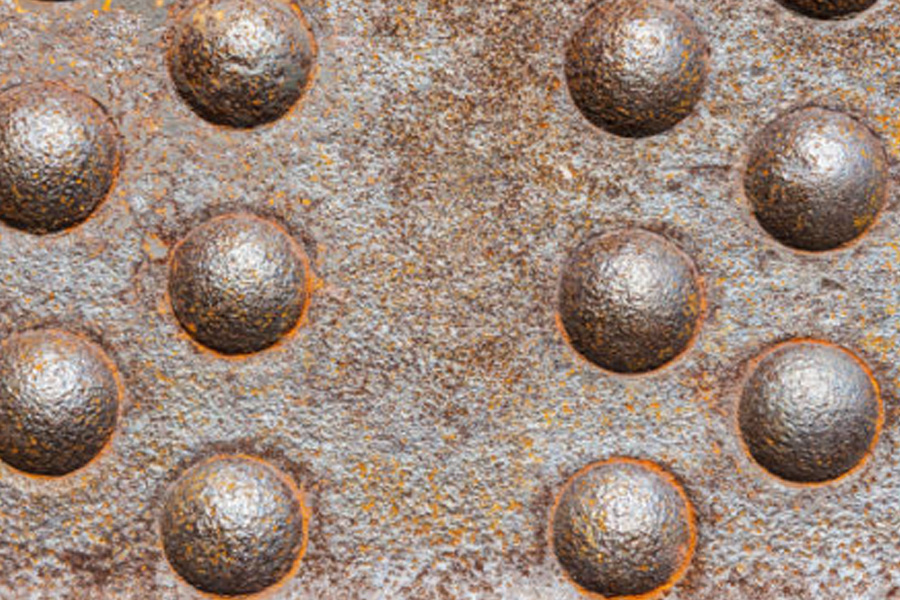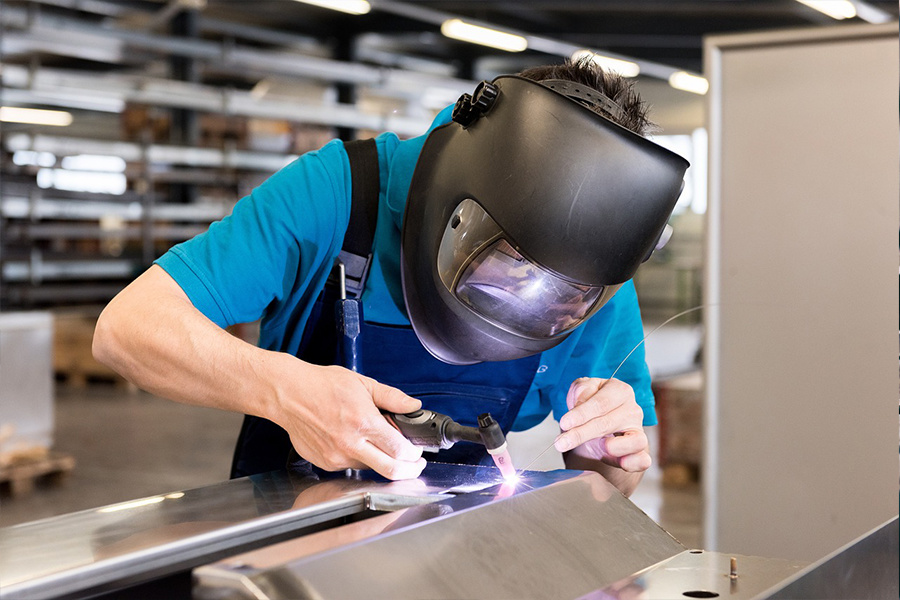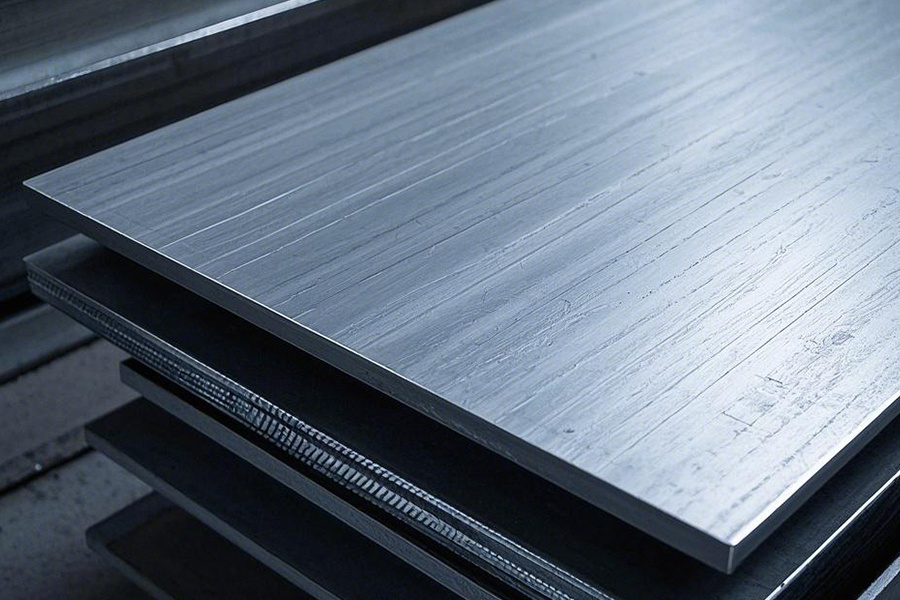Zhuhai sheet metal bending processing: general molds and special molds
Release time:
2025-01-17
General molds are highly flexible and low-cost, suitable for simple small-batch production; special molds are high-precision and efficient, suitable for complex, high-precision and large-batch production. Enterprises need to comprehensively consider multiple factors to select molds reasonably.
The choice of mold plays a decisive role in processing quality and efficiency. Faced with many types of molds, companies often face a key decision: should they use universal molds or special molds when bending? These two molds have their own advantages and disadvantages. Below we will analyze their advantages and disadvantages in depth.
Universal mold: a balance between flexibility and economy
Universal mold, as the name suggests, is a bending mold with wide applicability. It can cope with sheet metal bending needs of various shapes and sizes, and is widely used in Zhuhai sheet metal bending processing. Its biggest advantage lies in flexibility. When companies need to process sheet metal parts of different specifications and relatively simple styles, universal molds can be quickly put into use without too much adjustment and replacement. For example, in some small sheet metal processing plants, the types of orders undertaken are complicated and the product batches are small. At this time, universal molds can quickly adapt to the requirements of different orders, reduce the time cost of mold replacement, and improve production efficiency.
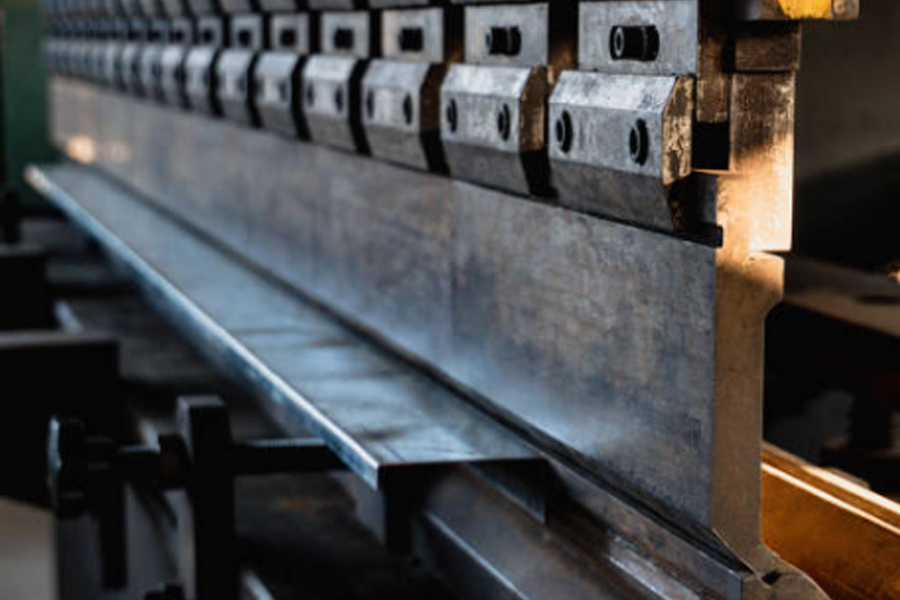
From a cost perspective, the purchase cost of universal molds is relatively low. Companies do not need to customize special molds for each specific sheet metal part, which greatly reduces the initial equipment investment. For some companies with limited budgets, especially start-up sheet metal processing companies, universal molds are an economical choice. When bending some simple automobile chassis processing parts, if the batch is not large, universal molds can effectively control costs while ensuring quality.
However, universal molds are not perfect. Because they are designed to meet a variety of needs, it is often difficult to achieve ideal results when processing some high-precision, complex-shaped sheet metal parts. Its accuracy is relatively limited, and it may not meet the requirements for some automobile chassis processing parts with extremely strict dimensional tolerances. Moreover, due to its versatility, it may require multiple adjustments and trial and error when bending a specific shape, which will affect the processing efficiency to a certain extent, especially in the case of mass production.
Special molds: a guarantee of precision and efficiency
Special molds are bending molds tailored for specific sheet metal parts. In Zhuhai sheet metal bending processing, special molds show incomparable advantages for some products with complex shapes and high precision requirements. Taking automobile chassis processing as an example, the shape and dimensional accuracy of many key components are directly related to the safety and performance of the car. Special molds can be precisely designed according to the specific requirements of these parts to ensure that each bend can meet the design standards.
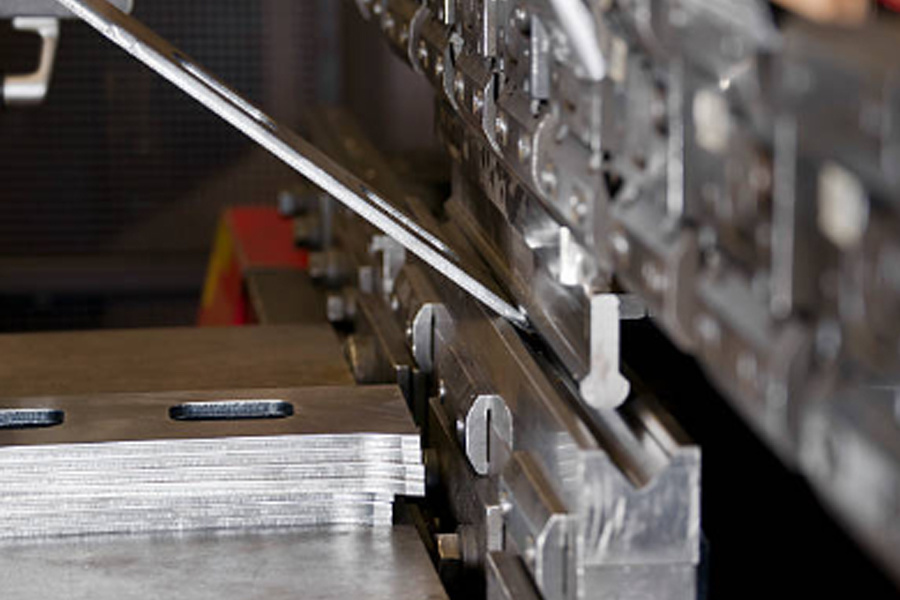
In mass production, the efficiency advantage of special molds is particularly obvious. Once the mold is debugged, production can be carried out quickly and stably, which greatly improves the processing speed. Due to the excellent adaptability of the mold to the sheet metal parts, the scrap rate is reduced and the production cost is reduced. Moreover, special molds can realize some complex bending processes that are difficult to complete with general molds, which provides possibilities for innovative design of products.
However, the disadvantages of special molds are also prominent. The biggest problem is the high cost. From design, manufacturing to debugging, each link requires a lot of manpower, material resources and time costs. Moreover, the versatility of special molds is poor. Once the product design changes, the mold may need to be redesigned and manufactured, which undoubtedly increases the operating risk of the enterprise.
In Zhuhai sheet metal bending processing, general molds and special molds have their own advantages and disadvantages. When choosing, enterprises need to comprehensively consider factors such as the shape complexity, precision requirements, production batch and cost budget of the product. For simple, small-batch products, general-purpose molds may be a better choice; for high-precision, complex-shaped, and large-batch products, special molds can bring higher benefits. Only by making reasonable decisions based on actual conditions can we achieve a win-win situation in quality and efficiency in sheet metal bending processing.
Key Words




